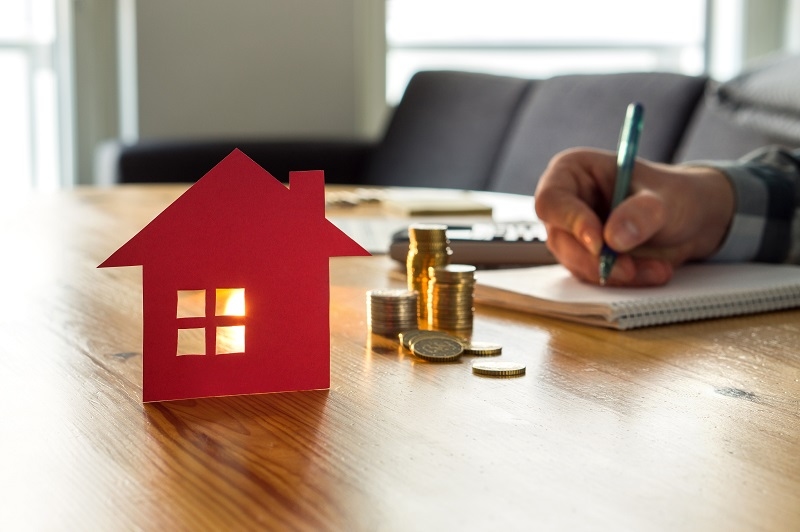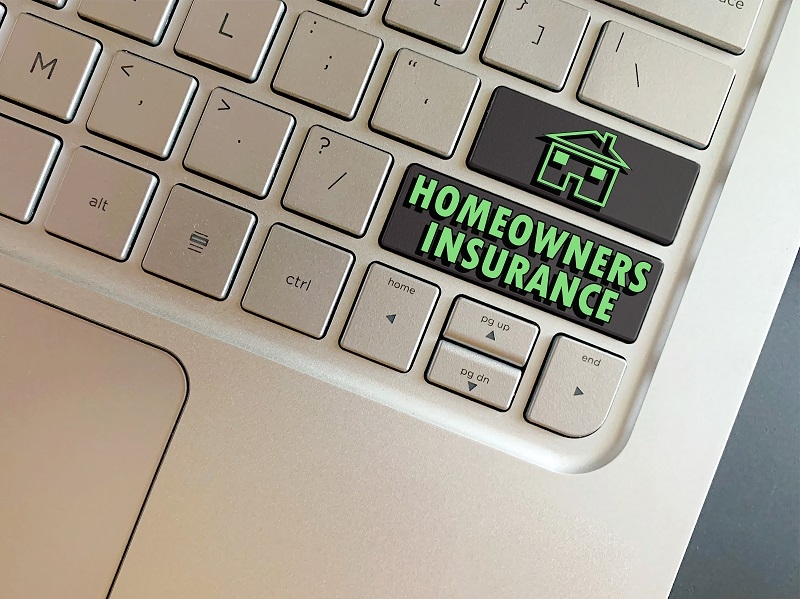
Homeowners insurance is something you hope you won't need, but you definitely can't skip it. It safeguards your place and your wallet from unexpected problems. But those yearly payments can feel like a lot. The good news? There are ways to cut down your home insurance costs without losing the protection you need. Making your home safer is a great way to do this. Insurance companies often give better prices to folks who take steps to protect their homes, since safer homes usually mean fewer claims.
This blog will tell you how to lower homeowners insurance cost which can lead to insurance savings and keep money in your pocket.
Insurance companies look at risks when they decide how much you'll pay. If your home has less chance of things like break-ins, fires, or water messes, you are less likely to have to pay for a loss. That's why securing your home for lower premium can save you money.
Each thing you do to make your home safer, like putting in smoke detectors or better locks, cuts down the chance of damage or theft. This tells your insurance company that your property is a lower risk. This often means they'll reduce house insurance rates.
Here’s how you can lower homeowners' insurance costs by improving home safety:
One of the best ways to prove to your insurance company that your home is secure is to put in a security system that's monitored. These systems don't just scare away criminals – they also get in touch with emergency services fast if there's a fire or other problem.
Many companies will cut your rates if you have a system that's professionally monitored. Some might give even more savings if the system watches for fire and carbon monoxide. It costs to install the system, but the savings and peace of mind can make it a smart move.
Burglars usually look for the easiest way to get into a place. If your doors and windows are weak, it's like they're being invited in. Getting stronger doors, putting in deadbolt locks, and reinforcing the door frame makes your home harder to break into.
For windows, think about adding glass that won't shatter or a security film. These small steps can help you pay less for house insurance because insurance companies see that you're making it harder for someone to break in.
House fires can cause a lot of damage fast, and insurance companies know this well. Making your home safer from fire is an easy way to save cash and stay safe.
Check that you have working smoke detectors in every bedroom and hallway. Test them every month and put in new batteries often. If your home has more than one floor, add escape ladders for the upper floors. Have fire extinguishers where you can get to them easily, like the kitchen and garage.
Some insurance companies cut rates for homes that have sprinkler systems or smoke alarms that all link together.
A bad roof is a big worry for an insurance company. Leaks, storm damage, and roofs falling apart can lead to expensive claims. If your roof is old or has damage, replacing it with strong stuff can help you pay less for house insurance.
Insurance companies often see strong roofs as less likely to have storm damage. If you live where there are big winds, hail, or hurricanes, this can be a smart thing to do.
If you live where there are bad storms like hurricanes, tornadoes, or big snowstorms, adding things to protect your home from storms is a good move. This might include:
These things not only protect your home when the weather is bad, but they also help lower your insurance costs since the insurance company sees less risk of damage.
Water damage claims can be costly for insurance companies. A small leak can cause mold, damage to the structure, and ruined stuff. Putting in water leak detectors, especially near appliances and in basements, can stop big issues.
Smart water sensors can send alerts to your phone if they notice a leak. Some can even turn off the water on their own. This tech can help you pay less for insurance because it cuts down the chance of big water damage claims.
Old wiring or plumbing? That's a fire or flood waiting to happen. Fixing these things can protect your family and might even cut down on your insurance bill.
For instance, if you swap out that old knob-and-tube wiring for something new, you’re less likely to have a fire. Swapping old pipes helps prevent them from bursting when it gets cold. Insurance companies like these changes, and they might just drop your rate because of them.
A clean, well-kept house is less prone to accidents. Trim those tree branches, clean out your gutters, and fix those cracked sidewalks. Taking care of your place makes it look good and tells insurers you’re on top of things.
Regular work can lead to better prices. You might even get a discount just to keep your home safe because it's less risky to insure.

Making your home safer is great, but putting all your policies together – like homeowners, car, and life insurance – is even better for your wallet. Many companies give home safety insurance discounts when you have multiple policies with them, and it stacks on top of safety improvements.
If you’re trying to bring your insurance rate down, bundling your policies is the way to go.
Insurance companies need to see what you’ve done before they lower your rate. Keep all your receipts and take pictures of any upgrades you make. Then, give this stuff to your insurance company and ask them to recheck your premium.
If you don’t show them what you’ve done, they won’t know you’re trying to be safer. It’s easy to do, and it can make a difference in what you pay each year.
New gadgets can really reduce risks. For example:
Insurance companies know these things are useful and often offer discounts for having them.
Some things around your house can actually make your insurance go up. Trampolines, pools without fences, and wood stoves can all raise your rates.
If you are serious about wanting to a lower cost, think about getting rid of these things. If you want to keep them, add safety measures like pool covers, locked gates, or proper ventilation to lower the risk.
Some cities and fire departments offer free safety checks or cheap safety gear. Check these programs; they can help you make the changes you need to lower your insurance rate without spending much.
These small buys can pay for themselves with insurance savings over a few years.
Life changes, so your insurance should, too. If you’ve made big safety improvements or repairs, ask your insurance company to recheck your rates. This will help you get all the discounts you can.
Shopping around and comparing quotes helps, too. You can find the best deal for your home's safety.
Safety is also about habits. Make sure everyone in your house knows how to:
When your home operates under a safety-first mindset, you are less likely to file claims, which will help to lower your insurance rates in the long run.
Enhancing the safety of your home is a smart way to help get your insurance premiums down. Every little improvement, which can range from installing a redundant alarm system to fixing your roof, is a step towards lowering your risk and consequently premium. In summary, if you decrease your risks, your insurance premiums can go down.
Using a focus on safety upgrades and discounts, can help continue to save you money, and if you make upgrades that protects your home and lower your rates, that's just a bonus. The key is to be pro-active - keep proper records of your safety improvements, and know what the insurance underwriters look for.
This content was created by AI